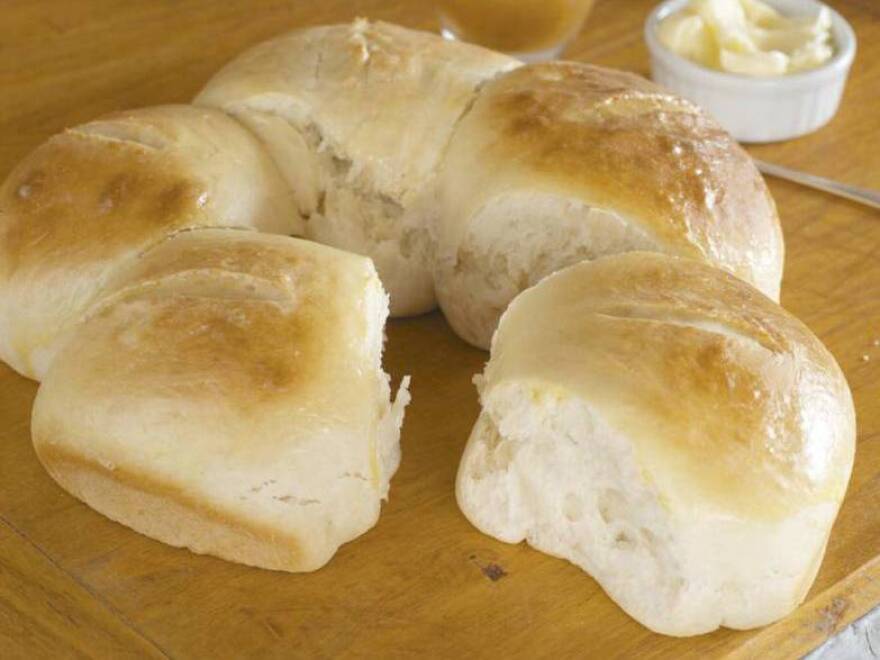Having just gotten back from a two-week trip to Portugal, and I have all sorts of stories to tell. Not the least of them are my stories about the food and wine I tasted. All of the restaurant food we ate seemed to have been prepared from family recipes, perfected by generations of grandmothers. As I told Chef Jerry Pellegrino, a few of these really stuck in my mind, and so I’m going to try them at home.
One of the first things I ran into was a lovely cabbage soup. Like nearly every soup I tried in Portugal it had a peas and potato base. It’s such an easy concept that I made it at home. All I needed to do was to cook half a pound of dried peas in chicken broth for about an hour, then add one peeled and diced baking potato. I continued to cook them until they were very tender and then I went to work with my submersible blender. 20 seconds was all it took to turn the broth into a rich, thick purée. Next, I simply sliced up a bit of cabbage very thinly and sautéed it in butter and olive oil over very low heat. When the cabbage was translucent, I added it to the soup, and we were in business.
It seemed that every time we sat down to eat there were always a small bowl of olives and another bowl of tuna salad along with some bread. It was the universal hors d’oeuvre in Portugal, and it was the best tuna salad I ever tasted.
Back home we looked it up and discovered the Portuguese call it “tuna paté”. I checked out the recipe and discovered a few key differences from our ordinary tuna salad. First, Portuguese canned fish is first rate, truly delicious stuff. They break up the tuna as finely as possible, then assemble the other ingredients for the blender. This includes onion, garlic, parsley, oregano, lemon juice, yellow mustard and a good dollop of mayonnaise. To get the right flavor, I would go with Duke’s mayo which isn’t as sweet as Miracle Whip but richer than Hellman’s. You blitz all of that in the blender, then toss it with the flaked tuna. The result is a creamy, flavorful tuna spread that is the best thing you’ll ever taste.
One dish we constantly ran into was an old friend. Jerry introduced us to an ancient Sicilian dish called “Eggs in Purgatory” which has spread all over the south of Europe. Almost identical to a North African dish call “shakshuka”, we’re talking about a rich tomato stew that is the bed for a collection of poached eggs.
The stew is simplicity itself. Working with a broad skillet, you sauté garlic, onions and red pepper flakes for just a minute. Then you pour in a 28 ounce can of San Marzano chopped tomatoes with the juice. Toss in half a stick of butter form richness, salt, pepper, oregano, and dried basil. Cook gently for about 20 minutes, then crush the stew with a potato mashed until it turns into a coarse sauce. Smooth out the sauce, then using the back of a wooden spoon, make about a half a dozen “dents” into it. Gently crack an egg into each dent, then cover the skillet and cook for a few minutes more. The eggs will poach, and when finished, they are thought to resemble otherwise innocent souls writhing in the torments of purgatory.
My final souvenir is a wildly popular cocktail in Portugal called “Port-tonic”. It’s so simple. Fill a big glass with ice, pour in about 2 ounces of white port, and 4 more ounces of tonic water. Serve with a slice of lime, and you’re all set for one of the most refreshing drinks you’ll ever have. I’ve been making them ever since I go back.





